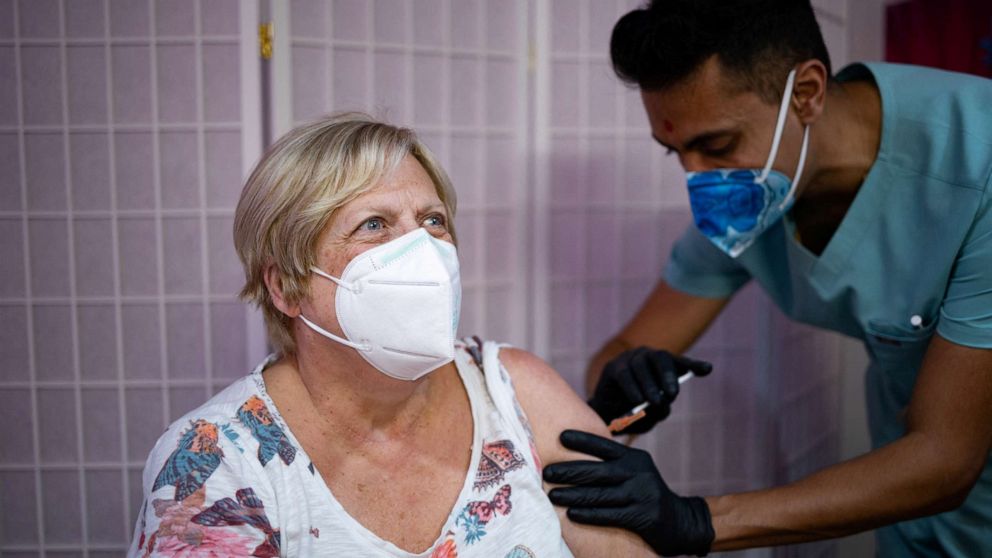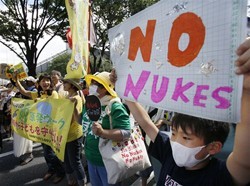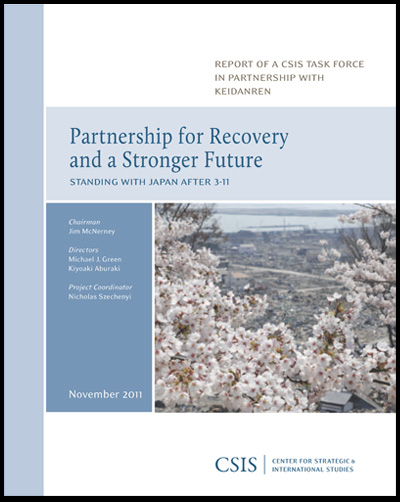You are here
Mon, 2011-03-21 15:09 — mdmcdonald
The Psychosocial Impacts Working Group is focused on address the psychosocial impacts of the March 11 earthquake/tsunami & nuclear accident on health.
The mission of the Psychosocial Impacts Working Group is to address the psychosocial impacts of the March 11 earthquake/tsunami & nuclear accident on health.
Working Group email address: ***@***.***
Add Content to this group
Members
| Kathy Gilbeaux | Maeryn Obley | mdmcdonald | Samuel Bendett |
Email address for group
psychosocial-impacts@m.resiliencesystem.org





 Image: Anti-nuclear protesters carry "No nukes" banners during a march in Tokyo, Monday, July 16, 2012. Tens of thousands of people gathered at a Tokyo park, demanding “Sayonara,” or goodbye, to nuclear power as Japan prepares to restart yet another reactor, and expressed outrage over a report that blamed culture on the Fukushima disaster. (AP Photo/Koji Sasahara)
Image: Anti-nuclear protesters carry "No nukes" banners during a march in Tokyo, Monday, July 16, 2012. Tens of thousands of people gathered at a Tokyo park, demanding “Sayonara,” or goodbye, to nuclear power as Japan prepares to restart yet another reactor, and expressed outrage over a report that blamed culture on the Fukushima disaster. (AP Photo/Koji Sasahara)

Recent Comments